Research Topic
Our mission is to uncover the molecular mechanisms of human diseases through a combination of experimental and computational approaches. We support the implementation of comprehensive “omics” analyses into healthcare with the aim of improving diagnostics and personalized care. Our research focuses primarily on three areas:
1) Genetics of monogenic disorders
We have long been engaged in the study and diagnosis of rare genetic disorders, including metabolic diseases (alkaptonuria, phenylketonuria), neuromuscular diseases (muscular dystrophies, myotonic disorders), neurological diseases (polyneuropathies, epilepsies), immune system disorders, and various extremely rare congenital developmental disorders and syndromes. We work on implementing, standardizing, and validating genetic and genomic tests for the diagnosis of monogenic diseases. In addition to identifying causative genetic variants, we also investigate and characterize the effects of so-called modifier genes and their sequence variants, which influence disease severity or therapeutic options. Our efforts include analyzing and molecularly characterizing the mutation spectrum of the Slovak population for these diseases, as well as detailed functional characterization of sequence variants whose potential clinical impact is not yet known. The outcomes include diagnosing dozens of previously unresolved cases, contributions to global databases such as ClinVar (240 sequence variants from our research group), characterization of the HGD gene and clinical verification of alkaptonuria treatment, as well as improving the diagnosis of age-specific TREC/KREC levels in congenital immune disorders.
2) Translational research of complex diseases
Our ambition is to transfer modern molecular approaches from diagnostics to prediction, prevention, and therapy. As part of our research into complex multifactorial diseases such as cancer and autoimmune diseases, we develop tests and identify clinically relevant genetic and epigenetic biomarkers for early diagnosis, definition of molecular nature, progression, and targeted therapy. This research combines population data, bioinformatics, and clinical applications to develop personalized prevention. More effective prevention of these common diseases has a significant impact on society as a whole.
3) Technological aspects of genomics implementation
We focus on the development, testing, and implementation of laboratory and computational tools for genome data analysis, including whole genome sequencing (WGS), epigenetic modifications, tandem repeat (TR) analysis, detection and interpretation of copy number variation (CNV) variants, and polygenic risk score (PRS) calculation. We participate in the creation of recommendations for clinical laboratories, develop bioinformatics tools, and standardize methodologies to ensure that genetic testing is reliable and clinically relevant.
Photo Gallery
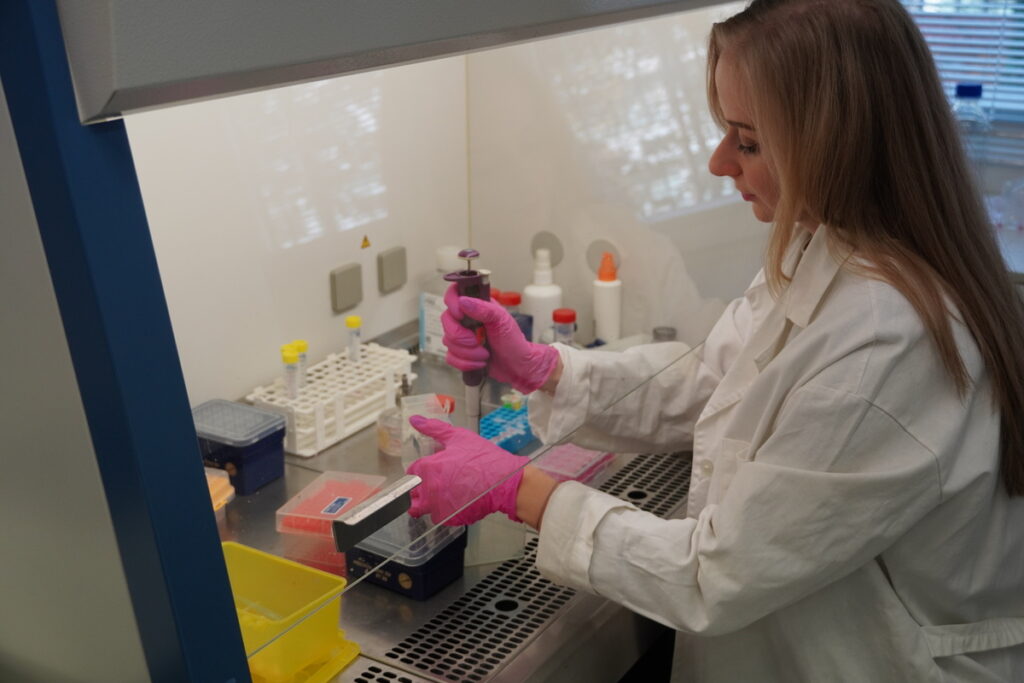

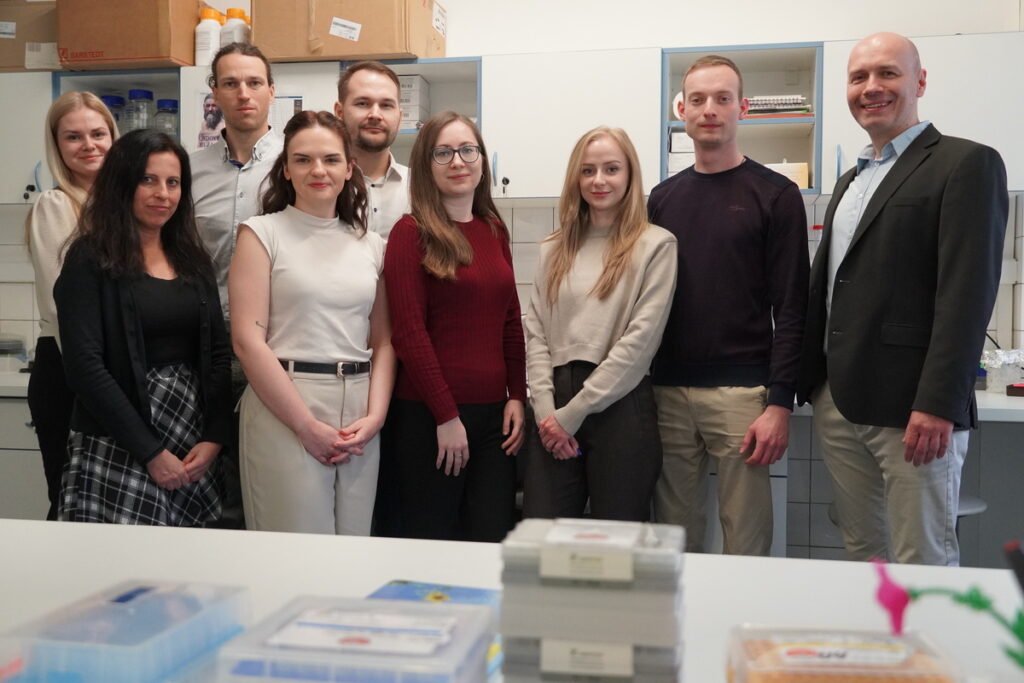
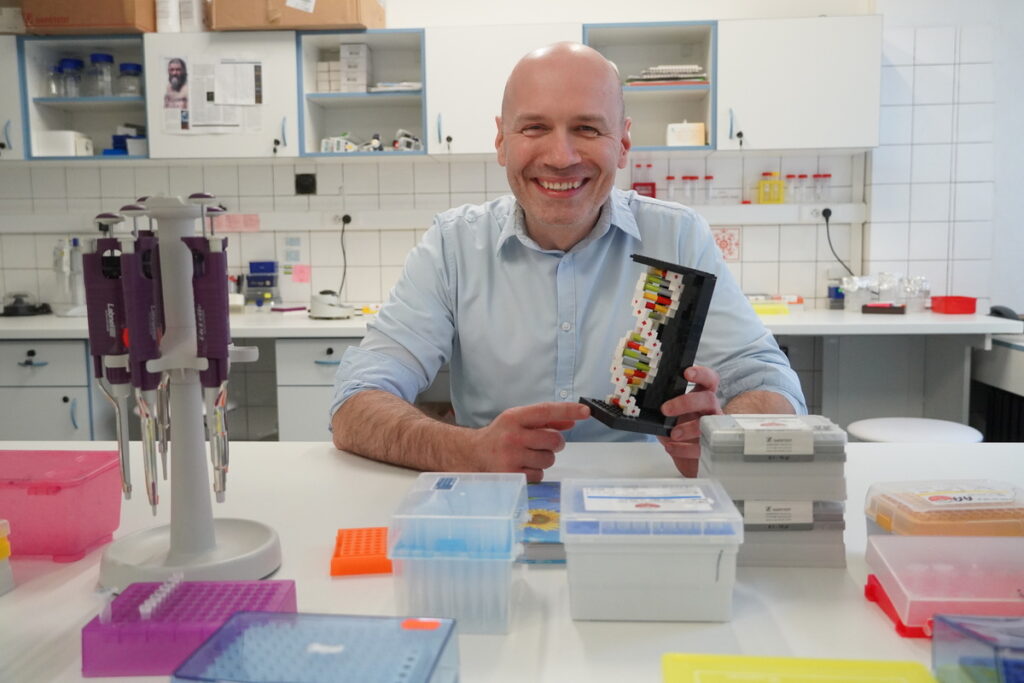
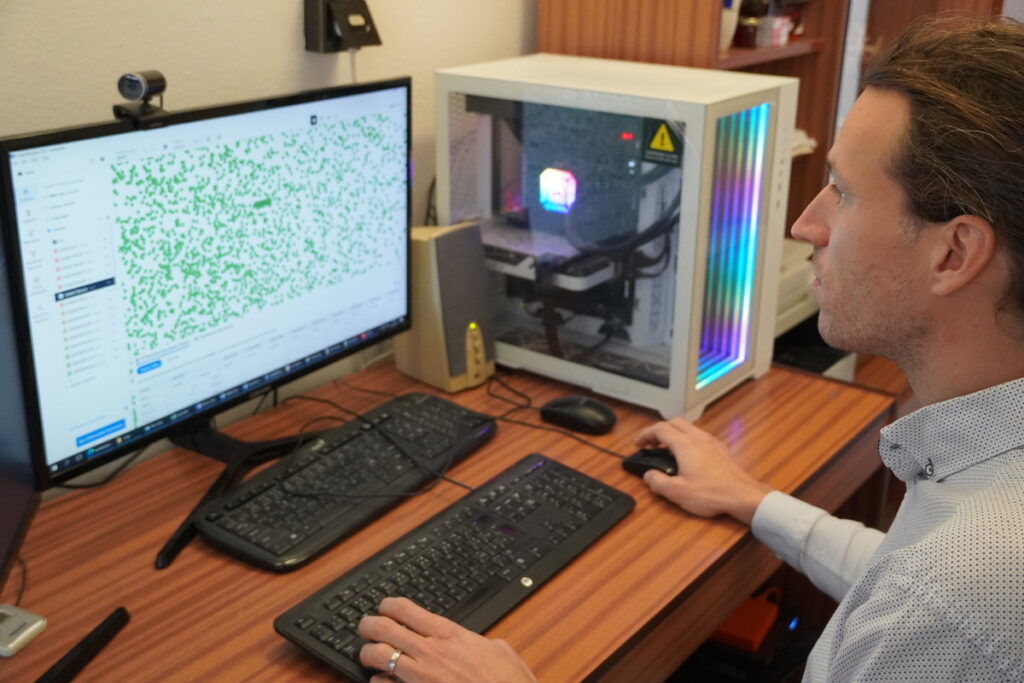
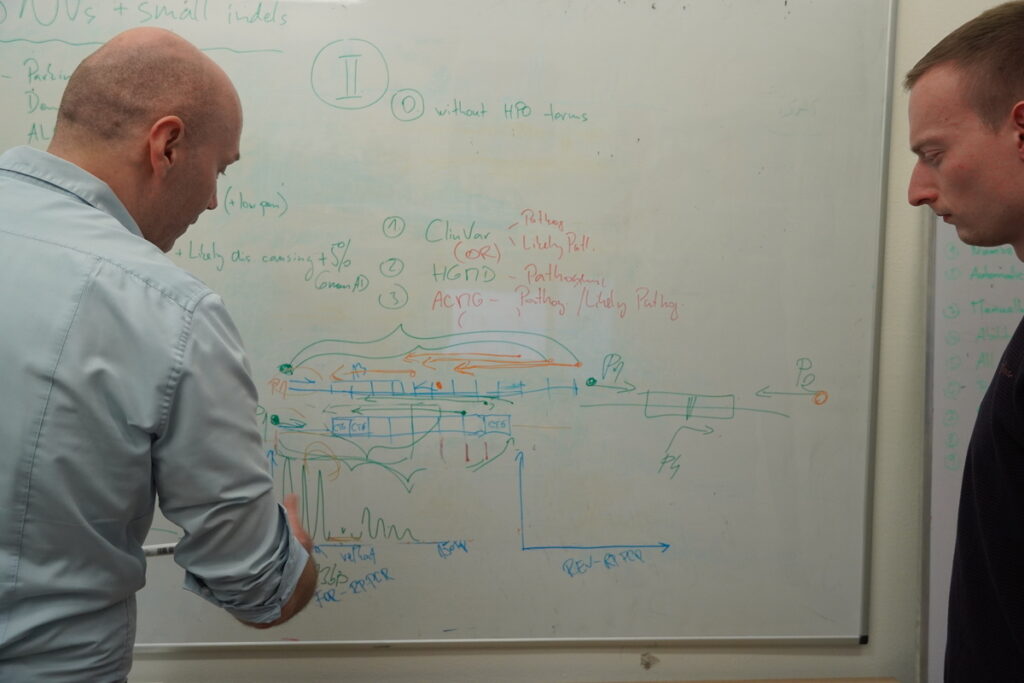
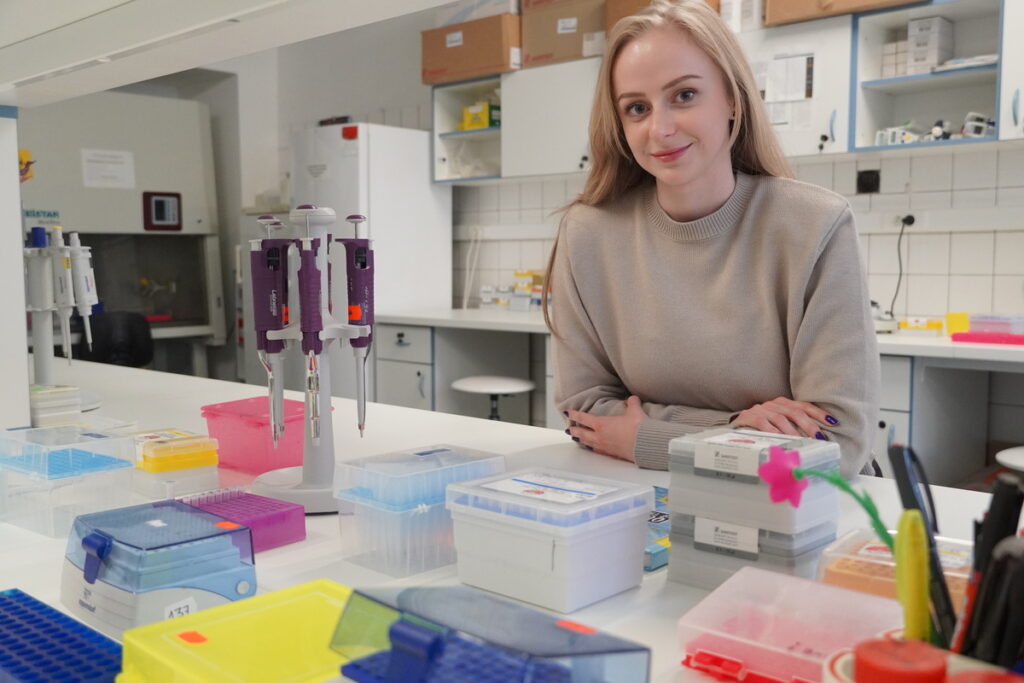
Head of the Research Group

Dr. Ján Radvánszky specializes in the implementation of genetics and genomics in healthcare, with an emphasis on monogenic diseases, the genetics of complex diseases, and the technological aspects of genomics implementation. His team is engaged in the development and validation of genetic tests, the analysis of genomic data, and research into genetic factors affecting health. He is the leader of a working group developing Standard Diagnostic Procedures for the Use of Massively Parallel Sequencing (Slovak Ministry of Health).
Employees
| Title | Name | Phone | ORCID | |
|---|---|---|---|---|
| Mgr. | ||||
| MSc., PhD. |

|
|||
| Mgr., PhD. |

|
|||
| Ing. | ||||
| Dr. techn. | 0904855365 |

|
||
| RNDr., PhD. | ||||
| Mgr. | ||||
| RNDr., PhD. | 02/60296111 kl.637 |

|
||
| doc. RNDr., PhD. |

|
|||
| doc. Mgr., PhD. | 02/ 90142050 |

|
||
| Mgr., PhD. | 0911/ 466599 |

|


